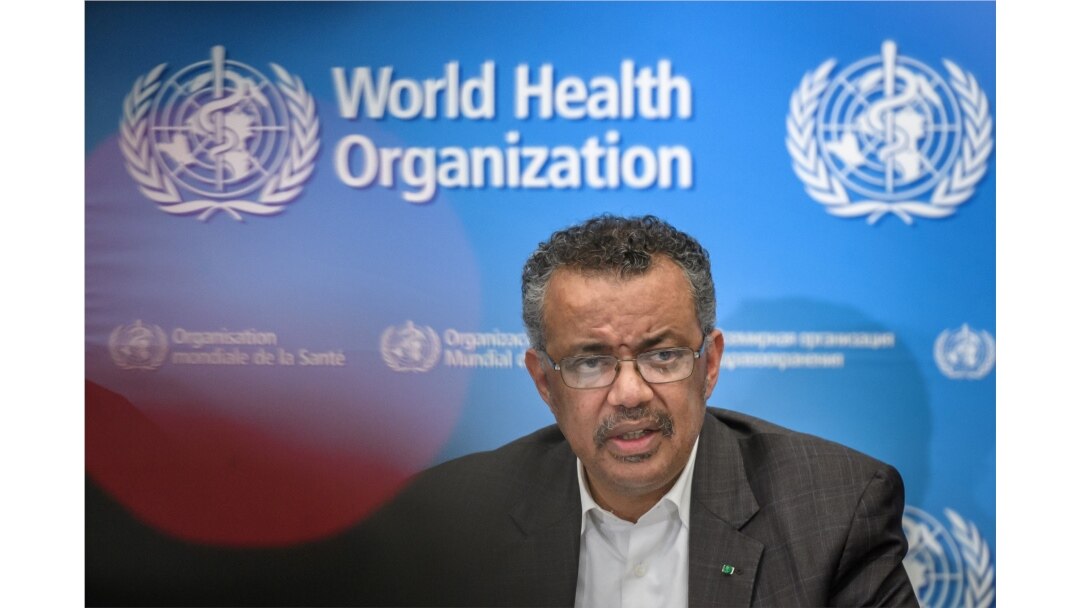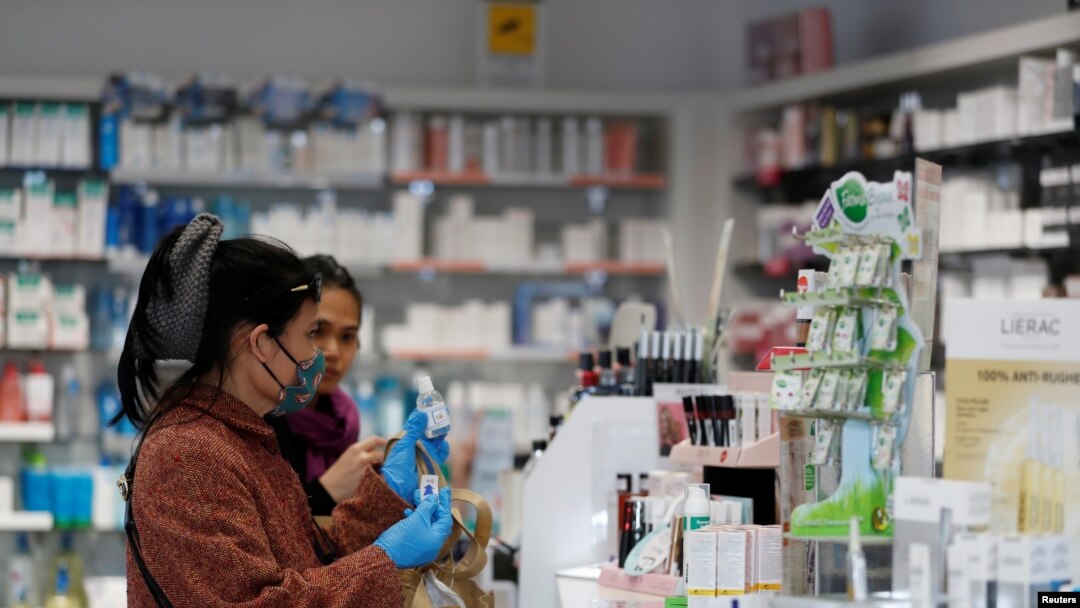The World Health Organization is urging people not to give in to panic and fear about the global spread of the coronavirus epidemic, but to ward off the disease through effective personal hygiene.
Globally, coronavirus cases are skyrocketing, with most of the cases and deaths in China. However, the disease now is spreading faster in countries outside China.
The rapid global acceleration of Covid-19 has prompted the WHO to raise its risk assessment to very high at a global level. WHO chief Tedros Adhanom Ghebreyesus acknowledges this is a matter of great concern, but says there are things everyone can do to prevent themselves and others from becoming infected.

FILE - World Health Organization (WHO) Director-General Tedros Adhanom Ghebreyesus speaks during a press conference to discuss the coronavirus outbreak, in Geneva, Switzerland, Jan. 30, 2020.
"First, as we keep saying, clean your hands regularly with an alcohol-based hand rub, or wash them with soap and water. Touching your face after touching contaminated surfaces or sick people is one of the ways the virus can be transmitted. By cleaning your hands, you can reduce your risk,” Tedros said.
Indeed, health professionals agree this is one of the simplest and most effective ways of keeping this deadly virus at bay. Other recommendations include cleaning surfaces regularly with disinfectant, avoiding traveling with a fever or cough, staying home if you are sick and eating and sleeping separately from your family.
Tedros noted there is a potential for the spread of Covid-19 to develop into a global pandemic. Right now, though, he said what is seen is linked epidemics in several countries where it is still possible to trace most cases to known contacts or clusters of cases.
"We do not see evidence as yet that the virus is spreading freely in communities. As long as that is the case, we still have a chance of containing this virus, if robust action is taken to detect cases early, isolate and care for patients and trace contacts,” he said.
Tedros said work is progressing on vaccines and therapeutics. He said more than 20 vaccines are in development, and several therapeutics are in clinical trials. First results are expected in a few weeks.
However, the WHO chief cautions it is likely to be many months or longer before a viable vaccine or drug is available, so, he said, people should take control of their own health and follow the WHO’s guidance on ways to protect themselves from Covid-19.


